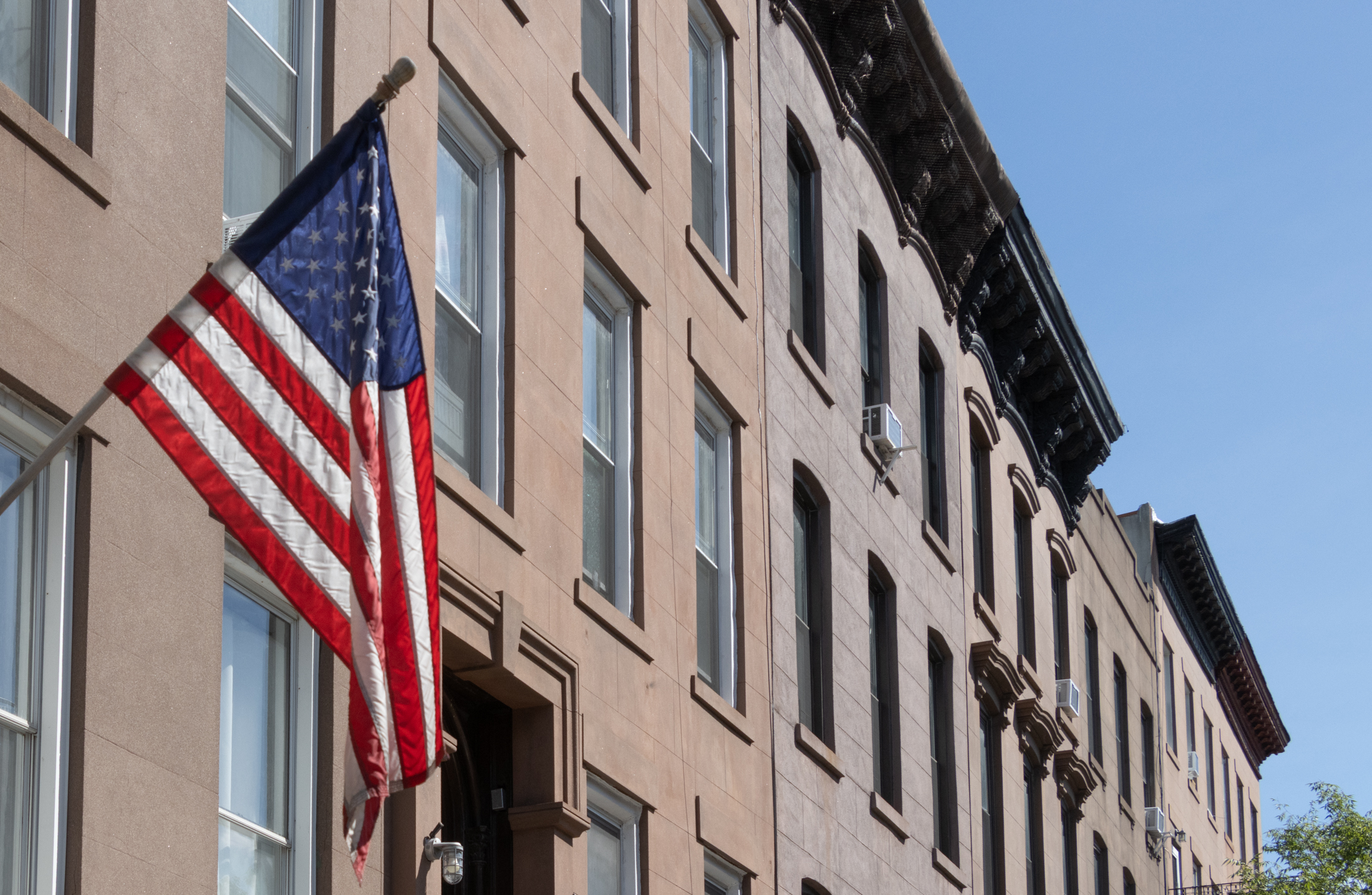Citigroup Puts the Kibosh on Foreclosures
Some 500,000 homeowners with mortgages from Citigroup have a little more emotional insurance today. The fourth largest bank plans to modify $20 billion in mortgages to keep people from having to flee their homes; already they’ve helped prevent about 370,000 people from being foreclosed upon, reports Bloomberg; that’s $35 billion in mortgages. The news comes…


Some 500,000 homeowners with mortgages from Citigroup have a little more emotional insurance today. The fourth largest bank plans to modify $20 billion in mortgages to keep people from having to flee their homes; already they’ve helped prevent about 370,000 people from being foreclosed upon, reports Bloomberg; that’s $35 billion in mortgages. The news comes amid reports that October foreclosures dropped dramatically, and for the second month in a row, to February’s numbers, perhaps thanks to government and corporate shifts in policy and attitude. “Congress has been urging financial-services companies to work with borrowers after foreclosures rose to the highest on record in the third quarter,” they write. “JPMorgan Chase & Co. said Oct. 31 it will stop foreclosure on some loans as it works to make payments easier on $110 billion of problem mortgages, while Bank of America Corp. said it has modified 226,000 loans this year, including those from Countrywide Financial Corp.”
Citi Will Halt Some Foreclosures, Rework Mortgages [Bloomberg]
Citigroup Puts Moratorium on Foreclosures [AP]
Photo by JS300.





This talk about deadbeats is nonsense. I know two people in this situation, and both paid their mortgages faithfully until (1) the mortgage doubled from $2,000 to $4,000 a month — this was in California and they had no idea this would happen — they were victims of fraud and (2) the man lost his job and his wife needed an operation on her hip (this was in New York).
leftmanhat – didn’t you reat the NYTimes real estate section this w/e? – everyone is admitting prices are falling.
leftmanhattan – of course it can’t and isn’t. Prices are already falling. Where have you been?
Mortgage rates are low because banks have collateral. If you don’t pay, they can take away your house. The rates for unsecured lending, where the bank has no collateral, are much higher. Credit cards are a good example. So you can either accept the lower rate and accept that the bank gets to foreclose if you don’t pay, or you can borrow at a much higher rate (in which case the bank still might be able to take your house, it’s just a lot harder for them to do so).
Banks are facing a conundrum. They are all better off at the moment doing workouts en masse rather than flooding the market with foreclosures (which would just depress the value of their collateral). That’s good business. But the problem is that the borrowing public and their less-than-sharp elected representatives will view this as precedent and expect banks to give everyone with a sob story a break. This could slowly turn secured mortgage lending turning into unsecured lending as a practical matter, which means bank will no longer lend at rates that have a built-in assumption that they can foreclose when someone doesn’t pay. They will lend at higher rates that assume either that it is much more difficult or impossible to foreclose.
Step one sounds like compassionate and well meaning social policy, but the law of unintended consequences takes over and everyone gets screwed. Kind of like socialism.
1842 — agreed that if the borrower cannot repay a restructured loan then there is no point in doing much other than foreclosing.
Deadbeats are deadbeats, and I have no sympathy at all for people who borrowed money they could not reasonably expect to afford to repay — especially because they are largely responsible for driving up MY housing costs the last few years as the end of the housing bubble coincided with me reaching a point in my life when I was tired of living in a crappy rent stabilized apartment.
In fact, my gut feeling is just to let all of these places get foreclosed as it will drive down property values so that when I eventually do buy a place it will be even cheaper yet. But I feel more and more like this is a case where my neighbors have built a poorly designed dam upriver from me, and while I may think they are irresponsible, selfish, and stupid, it doesn’t change the fact that the bursting of the dam will drown me too, so it has become in my best interest to see their problems fixed.
As to mortgage backed securities… some of these bright financial geniuses who are using government handouts to fund the bonuses they are giving to each other this year will just have to figure out how to account for the refinancing. And if they claim the loan cannot be refinanced, then I say let the loan go into default, foreclose, let the MBS suffer, and issue a new loan to the current homeowner (if he is creditworthy, etc.) to buy the property.
BrooklynButler – you are correct. Foreclosure is the least desirable solution.
I’ve always understood (perhaps mistakenly) that banks don’t really want to foreclose on houses; they’re in the money business, not the real estate business. Once a property is repossessed by the bank, it becomes more of a liability than an asset (especially in a down market like this one).
Perhaps by working with borrowers, banks are making sound business decisions. Perceptions about market health would be helped by a decreasing number of properties going into foreclosure.
The national news increasingly dominates our local real estate picture. How long can nyc real estate resist the tremendous downward pressure? Already wall street is down 150,000 jobs. Foreigners are dealing with their own crises and are unlikely to be buyers. Can NYC avoid a major real estate correction?
While I agree that it is a good thing, northsloper, the reticence of banks to restructure a loan is driven by business issues, not a philosophical issue with restructuring a loan. Two major factors they look at are 1. whether the borrower would really be able to pay the restructured loan, and 2. whether there are restrictions on the ability of the loan to be restructured/altered/refinanced because of restrictions place on that loan if it was part of a pool of loans that was collateralized to create mortgage backed securities.